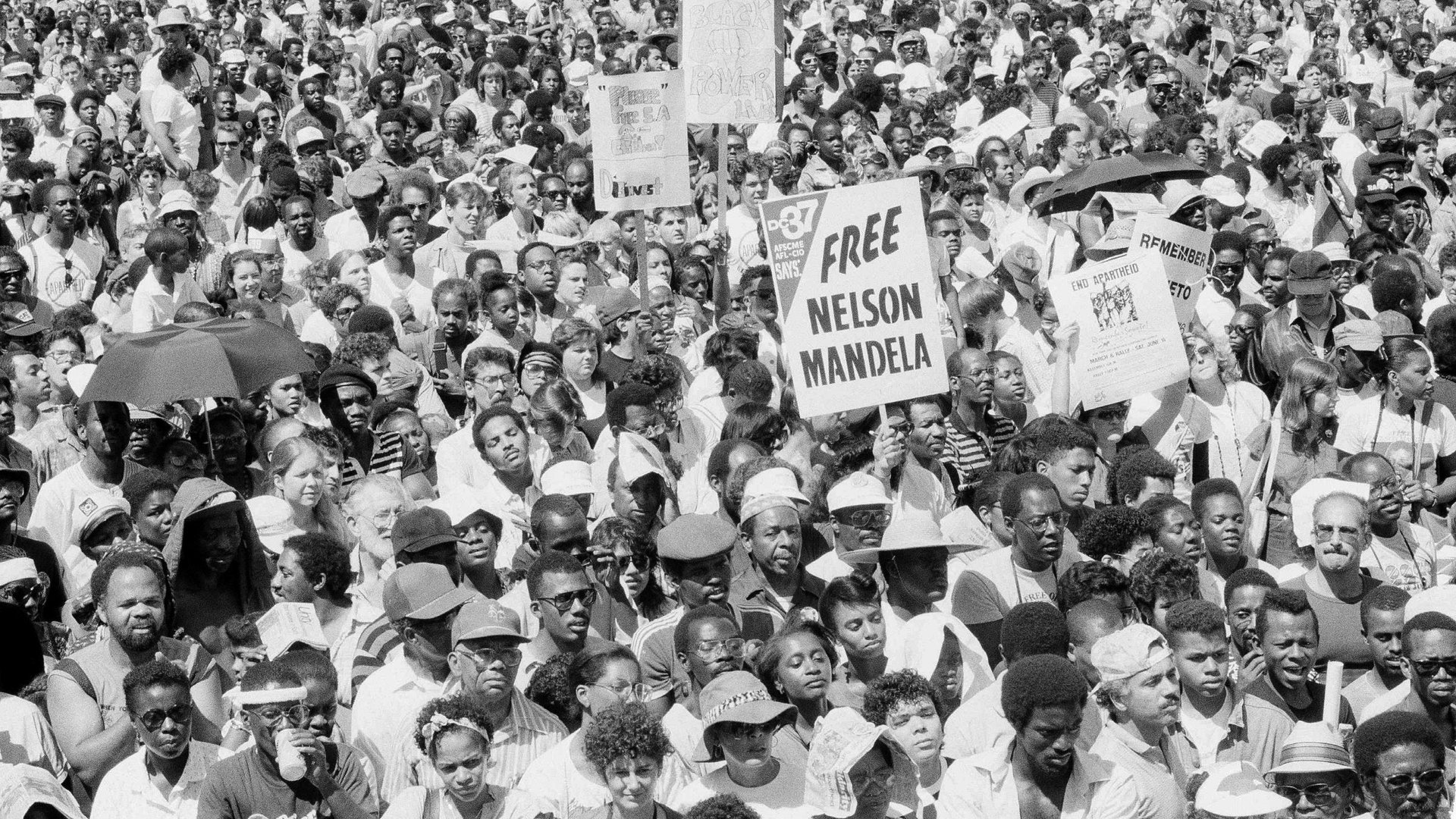Legendary tycoon John Deuss’s latest exploit is cutting a money-laundering deal with Dutch prosecutors
A money-laundering settlement in Amsterdam closes the latest chapter in the long career of John Deuss, one of the most successful international wheeler-dealers of recent decades.


A money-laundering settlement in Amsterdam closes the latest chapter in the long career of John Deuss, one of the most successful international wheeler-dealers of recent decades.
Deuss, a 71-year-old Dutchman, agreed to pay $47 million to settle a grueling, seven-year battle with European authorities over an alleged Internet fraud scheme. Apropos to a charmed life on the edge, Deuss admitted no guilt in the July 30 deal. “The settlement is the result of pragmatic considerations,” he said in a statement issued by his office.
Known best in oil trading and champion horseracing circles, Deuss earned a massive fortune helping apartheid South Africa to bypass international sanctions. Along with American commodities pioneer Marc Rich, Deuss arranged ingenious evasions to bring secret Soviet and Iranian oil to the South African port of Durban, including false flags, doctored cargo papers and mid-sea cargo transshipments. Estimates vary widely as to how much Deuss and Rich earned during the period—according to one source, South Africa paid $22 billion in premiums for its oil supply, mainly to Deuss and Rich, from 1973 to 1984—but the best approximation is that Deuss himself earned between $280 million and $500 million. Asked at the time about his role in propping up apartheid, Deuss cooly answered that the embargo was “counterproductive to correcting the sociopolitical problems in that country.”
Next came forays into magazine publishing, running a modeling agency, and raising champion jumping horses in Florida, Connecticut and Bermuda, which became his home. In the 1990s, Deuss wrested control of the only export pipeline route from Kazakhstan’s Tengiz oilfield, the largest on Chevron’s books. Ultimately Deuss was the loser in that deal, pushed out when Chevron managed to turn the situation into an international incident, persuading the Clinton Administration to lobby against the Dutchman with the Russians, the Kazakhs, and international banks. No one would fund Deuss’s pipeline, and he ended up back in Bermuda.
The charges in Europe revolve around First Curacao International Bank (FCIB), which Duess owned for a time. Prosecutors alleged that celebrities such as Ekaterina Berezovskaya, daughter of the late Russian oligarch Boris Berezovsky, moved money among FCIB accounts in a manner resembling money laundering. They also said the bank was a haven for carousel fraud—a scheme in which culprits falsely claim VAT payouts, and seek refunds from the government. Britain claimed to have lost between 5 billion pounds and 10 billion pounds when some 2,500 merchants claimed refunds on cellphone purchases. Every suspect in the case did business at Deuss’ bank.
Over the years, both Deuss and the prosecutors dug in their heels. Their deal favors both sides: the Dutch public purse will receive about half the $100 million that the prosecutor alleged that Deuss wrongly earned at FCIB, and Deuss will be clear of the charges. “The investigation has kept the parties busy for almost seven years already, and it is time-consuming and costly,” Deuss said in his statement. “The legal proceedings would have dragged on for years on end. This is now prevented.”